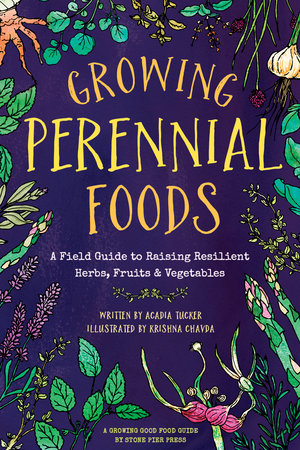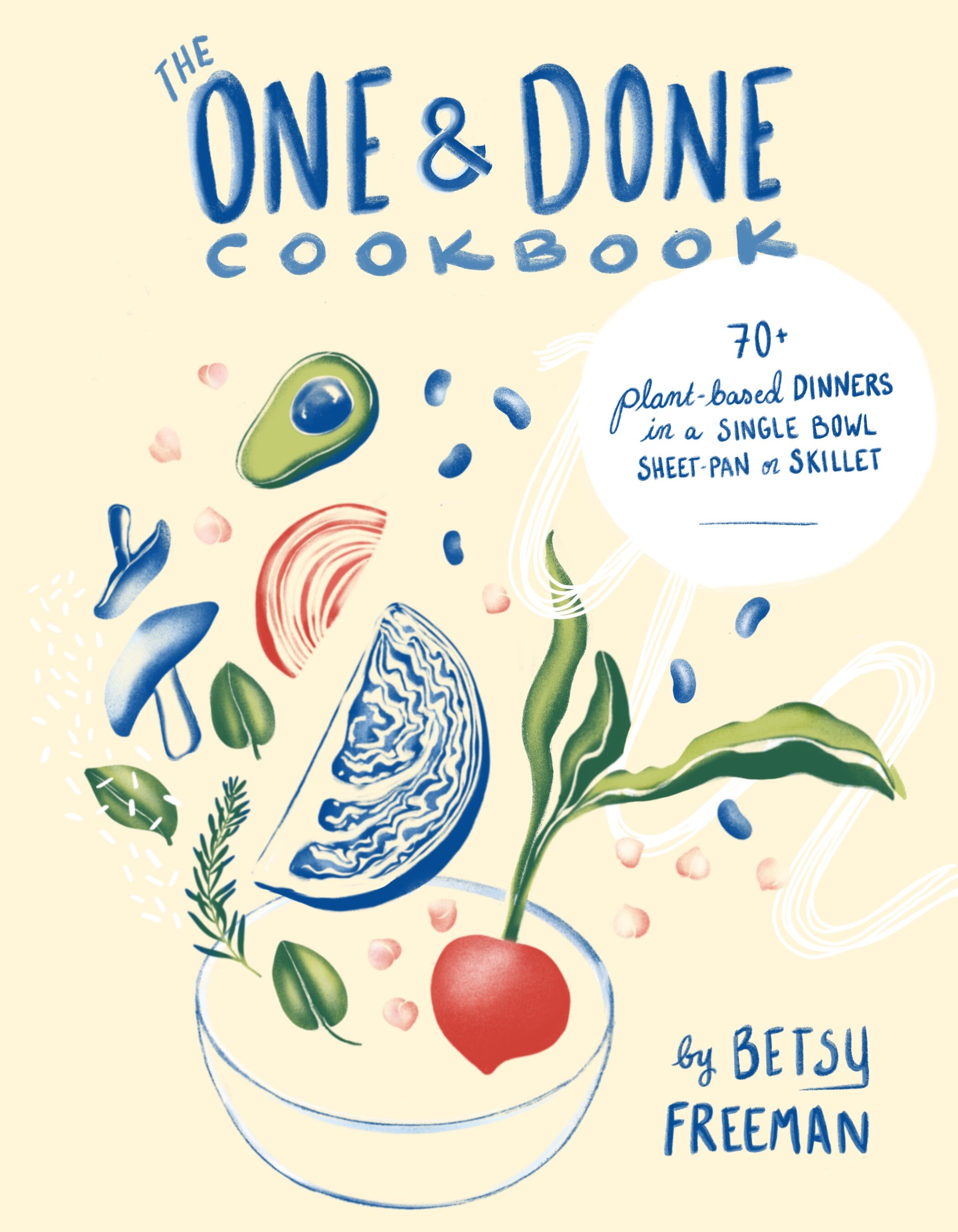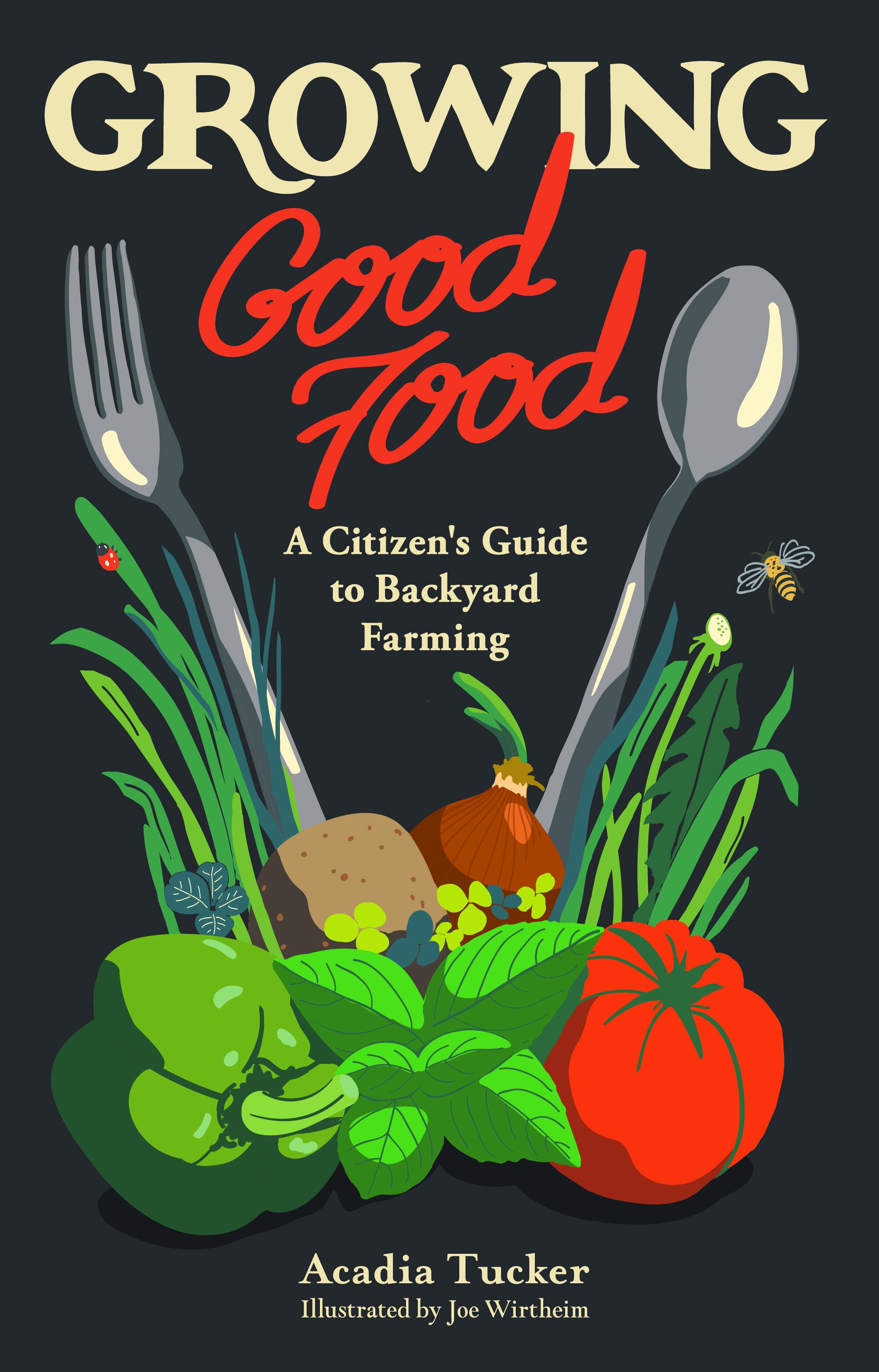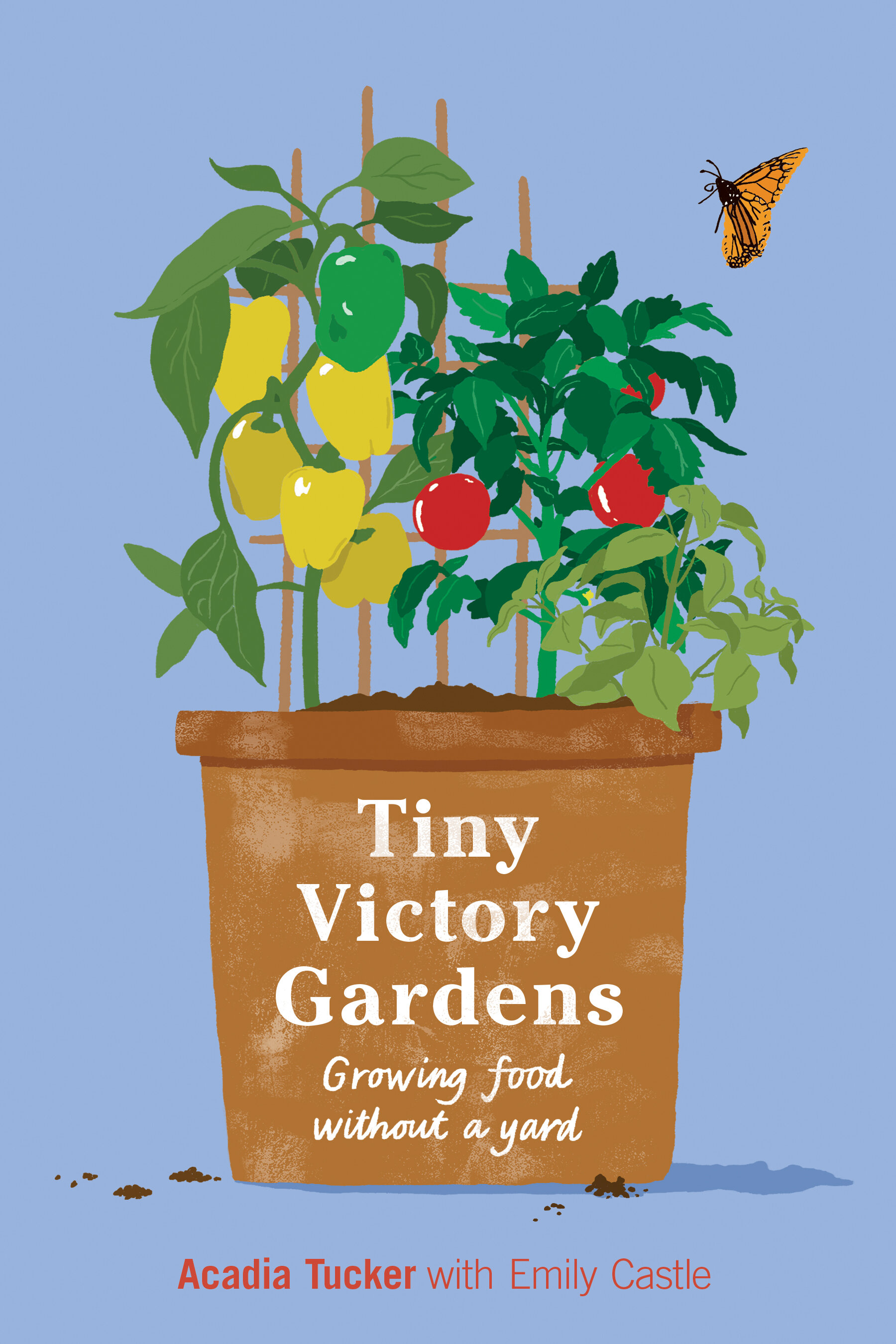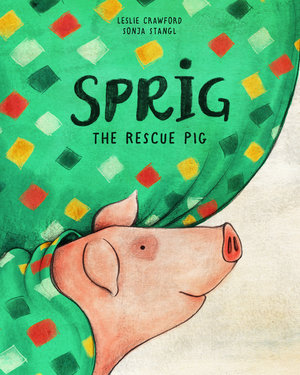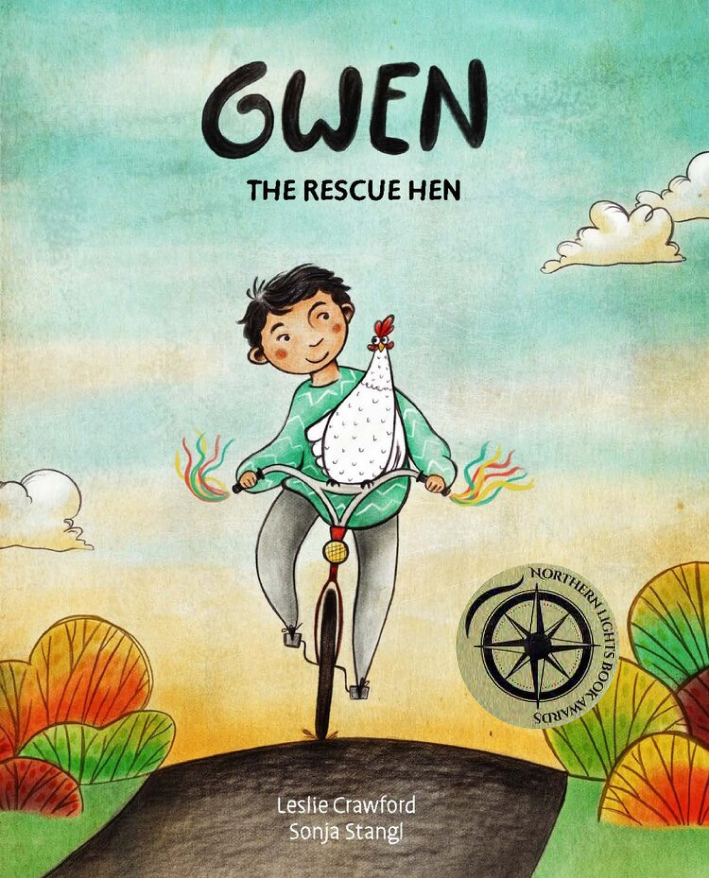Can local suppliers build a sturdier food system? Pie Ranch thinks so.
Pie Ranch, a small farm in Pescadero, is modeling successful food aid for the entire country—and the USDA has taken notice. With new funding, it’s expanding its farm-to-food-box program and reducing barriers to entry for other farmers in the Bay Area. Photo source: Madison Wilson
Driving down Cabrillo Highway on Highway 1, it's easy to get distracted by the sweeping California coastline and crashing waves, and miss the turnoff for Pie Ranch. I see the "Slow for Pie" sign just in time, managing a sharp left turn up a craggy dirt road.
The last half mile or so of my trip from the Bay Area takes me to an outdoor kitchen next to an old farmhouse. Cardboard boxes labeled "Certified Organic Fruits and Vegetables" and "Fresh California Strawberries" are stacked ten or more high, raised on pallets. A dozen or so people mill about.
Sign to Pie Ranch along Cabrillo Highway. Image Credit: Pie Ranch
"We got off early for our lunch break," Mona Urbina, the Pack Out Floor Manager for Pie Ranch, says as she greets me. It's just before noon on Wednesday.
A woman walks over with a Tupperware container full of fruit.
"Are you bringing me plums?" Urbina smiles. Soft, jazzy music lilts from the kitchen.
When Covid-19 hit, Pie Ranch, which usually offers educational programming for children and adults, made a dramatic pivot. The organization applied, and received, a grant from the US Department of Agriculture (USDA) to become a produce distributor for those in need in the Bay Area.
In Pie Ranch’s new role, it packs boxes of produce and delivers them to partner organizations, which include low-income housing facilities and a youth group in San Francisco. Participating farmers are paid by the USDA grant to deliver produce to Pie Ranch early Tuesday and Wednesday mornings.
“The masked volunteers work in unison, hair pulled back out of their faces, eyes sharp. They are packing machines. ”
"When we very first started out, it was just me and one other guy packing bags," says Urbina, who used to be the Culinary Programs Manager at Pie Ranch, in charge of educational programming. Now, with Mona's dedicated attention, the addition of around 10 volunteers and four Pie Ranch staff, the program is putting together and hauling away 800 boxes every week.
A bell rings—our 15 minutes are up. The crew returns from their lunch break, but not before a small bird swoops in and crams four almonds left over from Urbina’s lunch into its beak. We giggle.
As the voice of Sting streams over the speakers, the packing begins. Volunteers and staffers push microwave-sized cardboard boxes down a stainless steel table. In go tomatoes, broccoli, plastic pints of strawberries. The masked volunteers work in unison, hair pulled back out of their faces, eyes sharp. They are packing machines.
The Pie Ranch crew puts together 800 boxes every week.
Pie Ranch is an example of what can be achieved if funding is available to connect local producers with people. It’s one of many organizations that applied for, and won, grants from the USDA to start a Farmers to Families Food Box program. Another is The Common Market, which serves people in the Mid-Atlantic, Southeast, and Texas. It launched its food box program in June, and quickly scaled up to meet demand, which has grown to 13,000 boxes per week.
The USDA program is not without its critics. Many say the agency’s selection of contractors is sometimes mystifying—like awarding money to a distributor of airport kiosks and an event planner. The program also fell short by about 12.5 million boxes of its goal of distributing 40 million by the end of June. But in mid-June the USDA announced it had extended its contract for “select vendors” from July 1st through the end of August. Among the organizations that had its grant renewed: Pie Ranch.
Looking out on the packing operation from a building next door is Jered Lawson, Director of Strategic Partnerships and Initiatives and co-founder of Pie Ranch. He believes the new program is giving Pie Ranch, and other local food organizations, a chance to prove they can meaningfully improve our food system.
Pie Ranch is working with other local food organizations to eliminate hunger and revitalize local food systems.
Toward that end, he’s working with local health officials, local nonprofits like the San Mateo Food Systems Alliance, and other farms to explore how to "build back better." One example of how Pie Ranch intends to strengthen the relationship between farm and community is a pilot program that involves leasing plots to new farmers in the Bay Area.
"To become a farmer in the Bay Area today is really challenging,” says. "We're just wanting to reduce the barriers to accessing farming as a viable occupation.”
Each farmer in this “farm incubator” program is expected to produce a certain number of products, and Pie Ranch, using funds from the USDA, agrees to purchase that product at a fair price. The farmers also agree to adopt regenerative practices that build healthy soil and draw down atmospheric carbon dioxide.
As I walk back down the dirt road to my car, rock music blaring in the background, I think, this just might work. If the Pie Ranch vision of bringing together invested groups—from nonprofits, to farms, to health officials—is adopted across the country, we can move towards a more bottom-up food system. One that works locally to take care of its farmers, land, and people.
"For us, post-pandemic, we’re asking: How we can rebuild conscious relationships back into our food system,” says Jered Lawson. “We want a stronger relationship between those who are growing the food, and those who are eating the food.”
Madison Wilson is a writer for Stone Pier Press based in Piedmont, CA.





